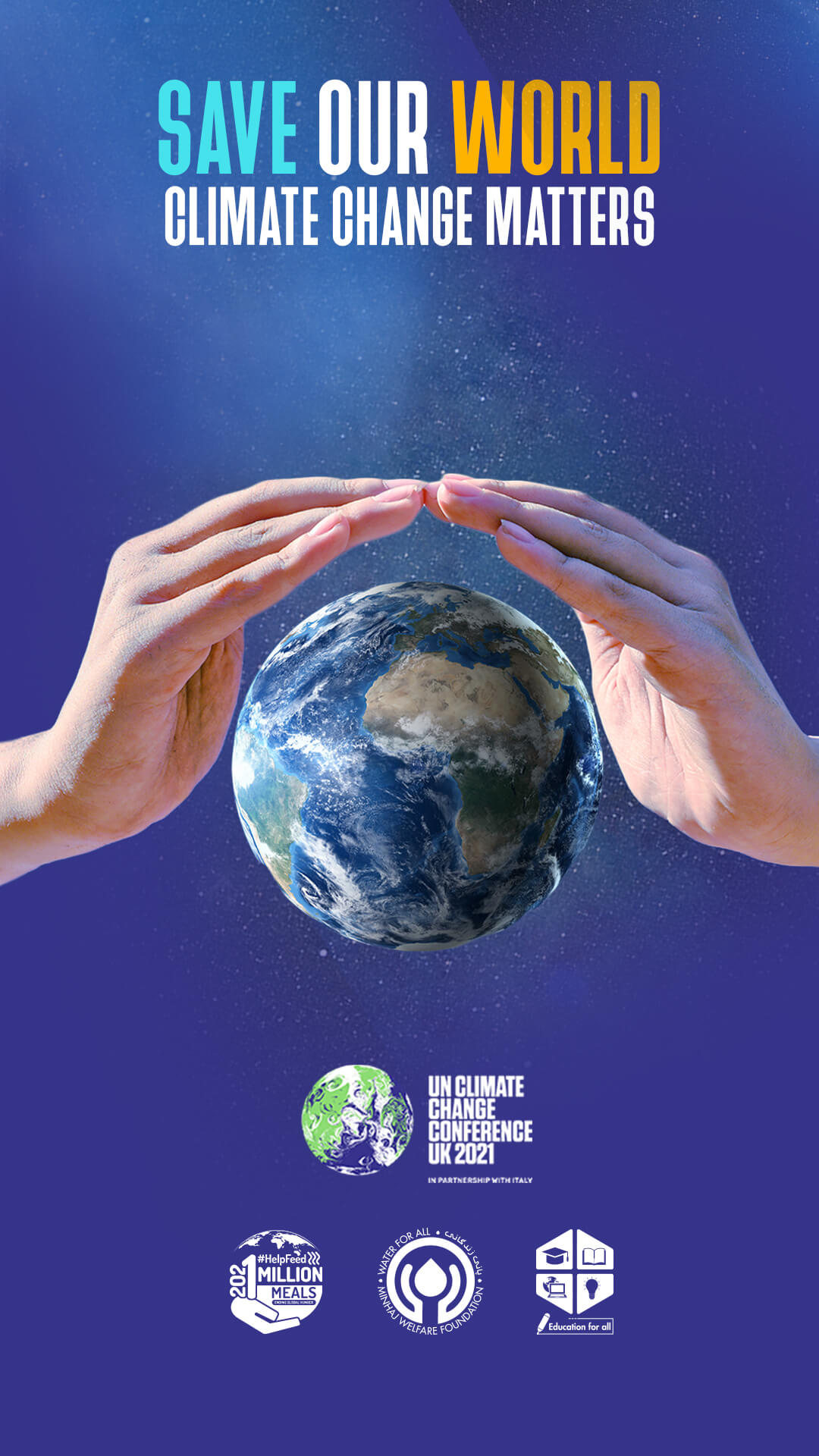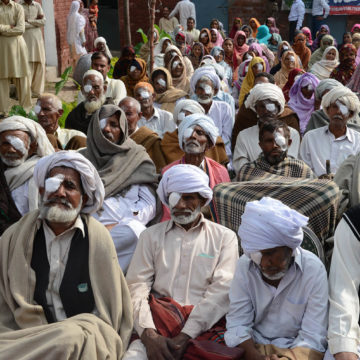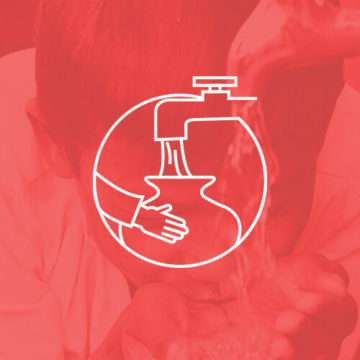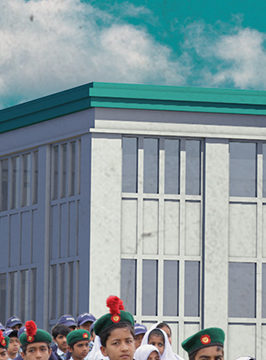
Description
What is Climate Change
Climate change refers to long-term shifts in temperatures and weather patterns. These shifts may be natural, such as through variations in the solar cycle. But since the 1800s, human activities have been the main driver of climate change, primarily due to burning fossil fuels like coal, oil, and gas.
Burning fossil fuels generates greenhouse gas emissions that act like a blanket wrapped around the Earth, trapping the sun’s heat, and raising temperatures.
Examples of greenhouse gas emissions that are causing climate change include carbon dioxide and methane. These come from using gasoline for driving a car or coal for heating a building, for example. Clearing land and forests can also release carbon dioxide. Landfills for garbage are a major source of methane emissions. Energy, industry, transport, buildings, agriculture, and land use are among the main emitters.
Impact of Climate Change
- Rising average temperatures
- Extreme weather events
- Shifting wildlife populations and habitats
- Rising sea levels
- Natural Disasters
Major Causes
- Use of Fossil Fuels
- Deforestation
- Rainforests being destroyed
HOW?
Cycle, walk
or use public transport
Buy reusable shopping bags
and avoid products with excessive plastic packaging
Buy only
what you need, to avoid waste
Turn down the heating
by 1°, it will already make a difference
Take short showers
Turn off the water
while you brush your teeth or clean the dishes
Unplug electronic equipment
and don’t leave your phone on charge when the battery is already full









